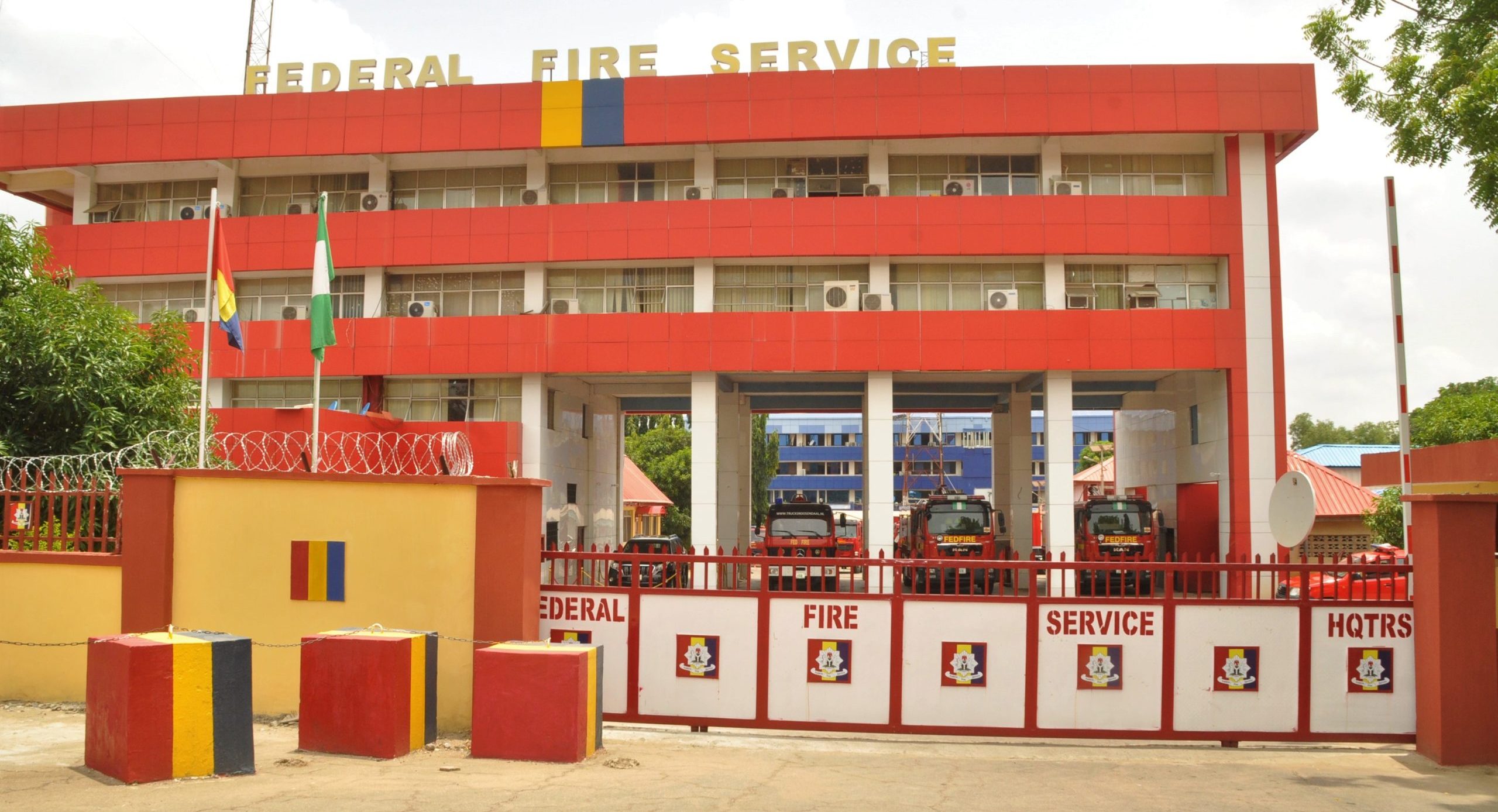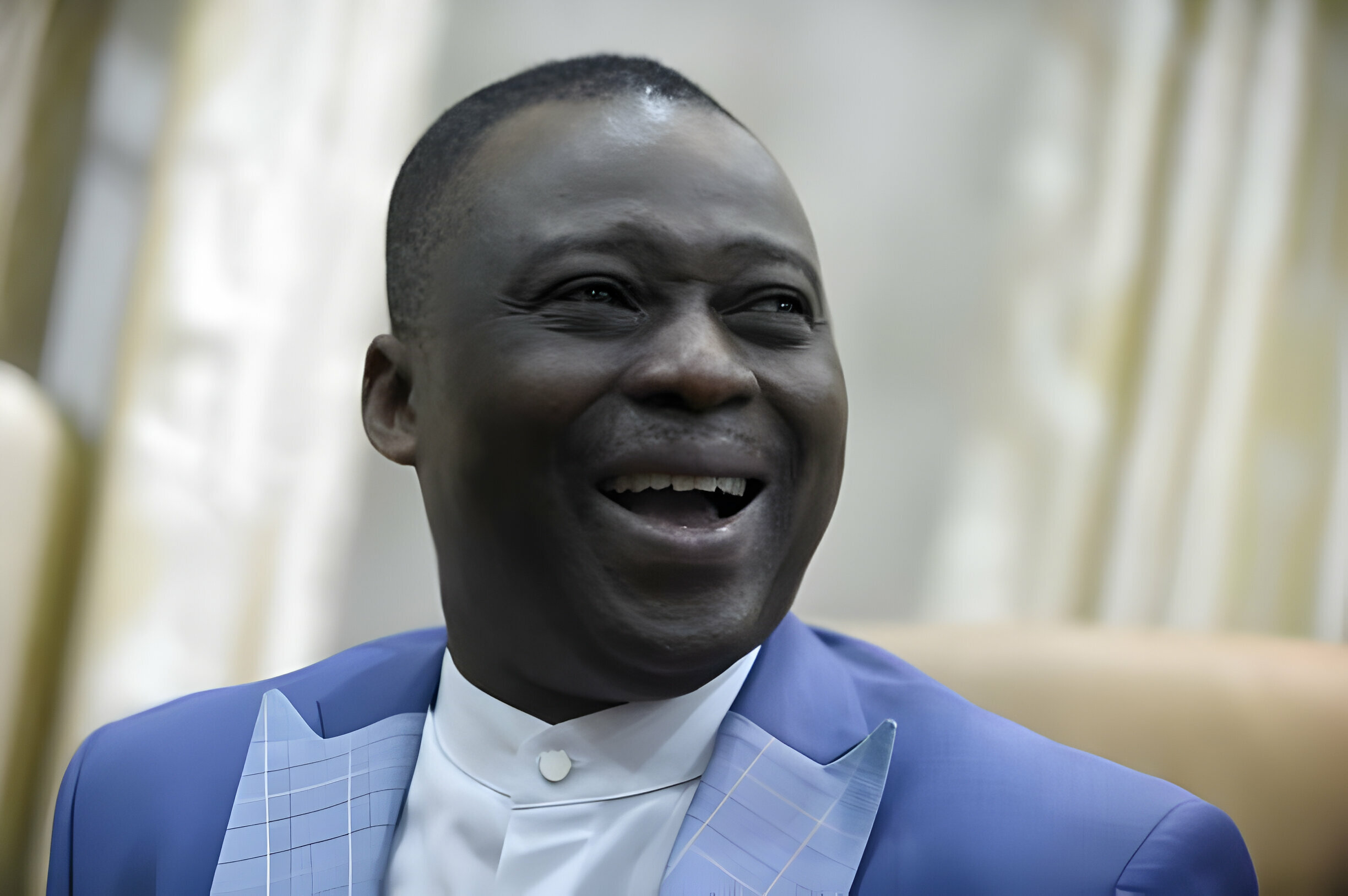Former Minister of Foreign Affairs, Maj.-Gen. Ike Nwachukwu (rtd), on Friday, renewed calls for comprehensive restructuring and full resource control, declaring that Nigeria will remain underdeveloped as long as it continues to operate under the 1999 Constitution.
Nwachukwu made the remarks in Abuja during the public presentation of The Hidden Treasures, authored by Deacon Chris Iyovwaye, chairman of Wellmann Group and founder of the DCI Foundation. The book examines Nigeria’s abundant natural resources, with emphasis on the Niger Delta, and challenges leaders to rethink economic development.
Speaking before political leaders, scholars, and industry experts, Nwachukwu argued that every part of Nigeria has enough natural endowments to prosper if allowed to control its own resources.
“Every part of Nigeria has enough resources to thrive. As long as we run the 1999 Constitution, Nigeria will be held hostage. States should control their resources and contribute to the centre,” he said.
He recalled earlier studies showing vast mineral deposits scattered across the country.
“It was clear to us that the richest part of Nigeria isn’t the Niger Delta alone in terms of minerals. Every state has enough to thrive,” he said.
He added that although states may not all attain the wealth of Lagos, Kano, or Akwa Ibom, “the quality of life in every state can match these places if allowed to manage what they have.”
Reiterating his long-standing advocacy for restructuring, he urged Nigerians not to fear decentralisation.
“Time and again, I say: for as long as we run the present constitution, development will not thrive. Our people must be free to develop at their own pace.”
“Let the states control their resources. Let the people use what they have and pay dues and taxes to the federal government, and we will have a better, stronger, more thriving country.”
On insecurity, Nwachukwu dismissed claims that Nigerian troops are weak, insisting they have demonstrated courage across multiple international campaigns.
“It’s not because our soldiers are cowards. No. We proved ourselves in the Second World War, Liberia, Congo, Sierra Leone, Tanzania, Mozambique. Nigerian troops are courageous.”
He maintained that the military can end terrorism and banditry if properly equipped.
“Support these men and women. Give them the resources, give them the intelligence, and they will take aside all this banditry and terrorism in no time.”
He also urged younger leaders to step forward with a renewed sense of duty:
“Somebody must begin this crusade to salvage our country. Prepare yourselves to take your states further.”
Former Minister of Youth and Sports, Solomon Dalung, reinforced Nwachukwu’s message, urging Nigeria to “go back to the drawing board.”
“It is not practicable for us to believe we can move forward without tracing our steps,” he said, calling for value reorientation and increased youth participation in leadership. “The youth built Nigeria. We must bring them back to leadership.”
Reviewing the book on behalf of Chief Mike Ozekhome (SAN), Prof. Ezekiel Agbalagba, Vice-Chancellor of the Federal University of Petroleum Resources, Effurun, described The Hidden Treasures as “a national economic compendium,” praising the author’s deep understanding of Niger Delta realities.
Former Labour Party governorship candidate in Edo State, Olumide Akpata, commended the book for highlighting positive narratives about the region. “There is so much the Niger Delta can do beyond government,” he said.
Also speaking, former Information Minister, Prof. Jerry Gana, described the book as a timely reminder of the region’s wealth, lamenting that the Niger Delta Development Commission (NDDC) has failed to meet expectations.
“If the ideas in The Hidden Treasures were applied, the region would be transformed,” he said.
Earlier, former SDP presidential candidate, Prince Adewole Adebayo, said the book highlights the multiple levels of opportunity available in the region, stressing that its greatest asset remains its people.
“There is no politics you can play in Nigeria without the Niger Delta,” he said.
In his remarks, the author, Deacon Chris Iyovwaye, said he wrote the book to inspire a new economic vision for the region.
“Sixty percent of global resources needed for future growth are in Africa, and a large part of it sits in the Niger Delta,” he noted.
Representing former President Goodluck Jonathan, Dr. Mike Ogiadomhe, described the book as a call to action, warning that “when you fail to act, potential remains potential.”
The event brought together academics, business leaders, and political figures—all united in what they described as an urgent conversation on the future of the Niger Delta and Nigeria’s economic development.






